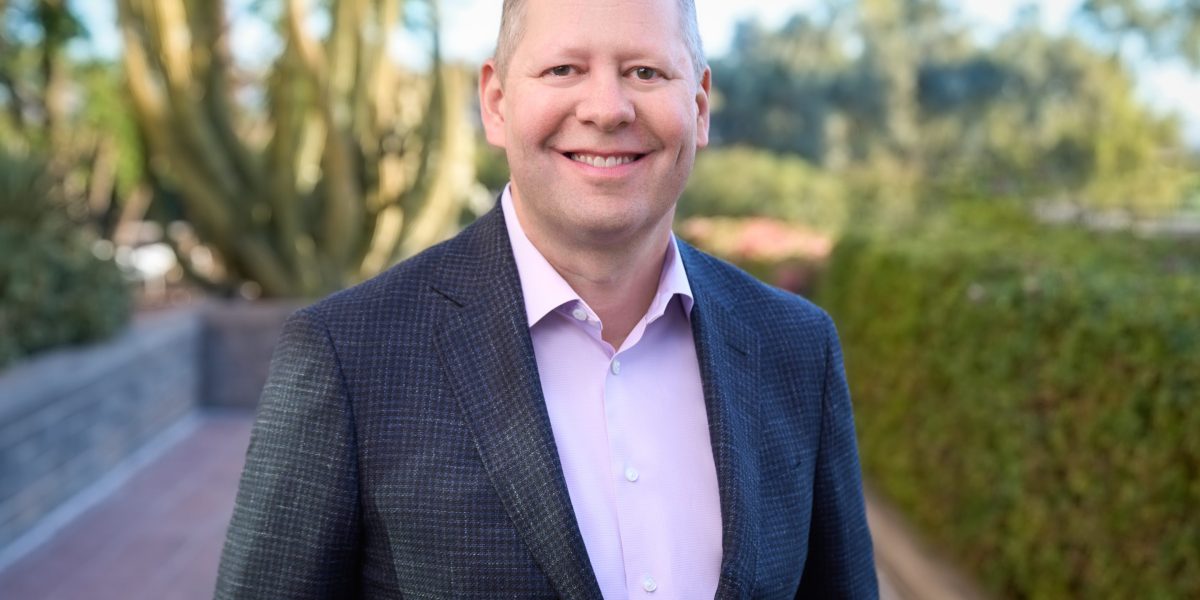As more and more companies force employees to go back into the office full time, one company is letting staffers make their own choices about where they want to work.
Like the rest of the world, Zillow’s employees were forced to work from home at the onset of the COVID-19 pandemic. In the autumn of 2020, company leadership told employees that they would not be asked to return to the office full-time. As a result, hundreds of workers decided to relocate, prompting the company to establish a “CloudHQ” model: the company considers its headquarters to be online, not in one physical location.
Approximately 84% of Zillow’s 6,900 employees are fully remote, meaning they’re not associated with a permanent corporate office, and they aren’t required to be in office regularly. The rest are a combination of mortgage roles that require high levels of in-office attendance because of compliance laws, or regional sales workers who are asked to report to a specific field office.
Dan Spaulding, chief people officer at Zillow, spoke with Fortune about the company’s approach to asynchronous work, what exactly a “Z-retreat” is,” and how often he actually goes into the office (spoiler: not a lot).
This interview has been edited and condensed for clarity.
Fortune: Tell me about Zillow’s CloudHQ approach to work.
Dan Spaulding: CloudHQ really started in the confusion of “post” the beginning of the pandemic [fall 2020], when you just kind of didn’t know when you were going to be able to get back to the way that work used to be. We started asking ourselves the questions of: ‘We’re learning a lot working in this distributed way. How do we build on that and how do we think differently about what our employees want and need coming out of the pandemic?’ And that grew into our CloudHQ strategy.
Our CloudHQ strategy is that we want employees to have the ability to choose where they live and work [based on] what is most effective for them on a daily basis. And then we want to be hyper-intentional about when we are together in person.
How has Zillow’s relationship to the physical office changed?
We had 11 offices across the country before the pandemic. And to put it in perspective, 95% of our employees lived within daily commuting distance of those offices. Today, we have six offices across the country within major hubs: Seattle, San Francisco, Irvine, New York, to name a few. And we have employees now in all 50 states.
We still use those offices on a daily basis for one of two scenarios. One is that we have a lot of employees who still like to come into the office on a fairly frequent basis. We don’t have mandates about time spent in office. The broader use case is for what we call “Z-retreats,” which are intentional gatherings that we plan and execute centrally that line up with a calendar that we build from the beginning of the year. It’s based on: when do we need teams to come together? When do we need leaders to come together? When do we have important product launches where we need cross functional work streams coming together and spending focused time together? And then we rotate those across the country and bring employees in for for all sorts of meetings.
The first full year of “Z-retreats” for us was 2022, when [there were] vaccination levels that we felt really comfortable [with] from a health and safety perspective. That year, of course, there was also pent-up demand. Teams were so desperate to come together.
What kind of results are you seeing from the remote and hybrid work strategy?
We’re in our ninth quarter of outperforming residential real estate. We’re shipping product faster than we’ve shipped product historically. Our voluntary attrition is down. Our employee sentiment about working at Zillow—pride and excitement and working at Zillow—all of those measures continue to be up.
We haven’t seen a dip in any productivity measure that we track since we’ve moved into this modality.
What are the impacts on talent recruitment and retention?
I have four times the applicants for every job opening that I had pre-Cloud HQ. So if you look at those measures directionally, that tells us that we’re doing something that’s compelling to job seekers.
We do internal surveys three times a year to measure employee sentiment—94% of our workforce are proud to work at Zillow and 84% believe they have the resources to do their job effectively.
Then some of the things that really matter to us are about inclusion—84% of our workforce feel that they can be their authentic selves at work. If you look at some of [Zillow’s] hiring numbers, pre-pandemic, 41% of our employee population were women. Today, 46% of our employee population are women, and that’s on a growing headcount basis. That is a huge demographic shift. I’ve worked in HR for 25 years, I’ve never seen the demographic shift that I’ve seen since moving to Cloud HQ. And we believe that’s a differentiator for us in terms of not just attracting those employees to Zillow, but retaining them for a longer period of time.
How often do you go into the office?
I would say I go into the office probably four to five days a month. But never four to five days in a row.
What do you think are common mistakes that companies make when it comes to RTO?
I obviously can’t speak to other companies, but for us, the question is always the same: why go back to the past when you can understand the challenges that your workforce is facing today, and push forward into the future?
Trying to figure out asynchronous work, trying to figure out intentional gathering strategies, trying to give employees flexibility. These are all things that you can look [at] on one side and say, “Well, that’s too difficult.” But pushing everybody in the company—from our senior leadership team to our frontline employees—to be more intentional with the way they think about their work, the way they partner with each other? There’s a benefit for all of us.
One common complaint that workers have about RTO is that they feel like it’s more about control than productivity. What would you say to that?
We like to think we hire adults. We like to treat people like adults. At Zillow, we think it’s a real privilege that we get this flexibility. Now, what I would say as an HR leader, I believe that great work contributions come from the marginal efforts that employees make. I don’t think that letting employees have flexibility to run that errand or to coach Little League or go to the yoga class that works with their schedule [will diminish that]. Our employees understand that in exchange for that flexibility, when the company needs you to step up, you step up. Giving employees a little bit more flexibility during their day, I think you get paid back 10 fold from that marginal effort when you really need it from employees.
This story was originally featured on Fortune.com
Source link

 Entertainment8 years ago
Entertainment8 years ago
 Politics8 years ago
Politics8 years ago
 Entertainment8 years ago
Entertainment8 years ago
 Entertainment8 years ago
Entertainment8 years ago
 Tech8 years ago
Tech8 years ago
 Tech8 years ago
Tech8 years ago
 Tech8 years ago
Tech8 years ago
 Politics8 years ago
Politics8 years ago







